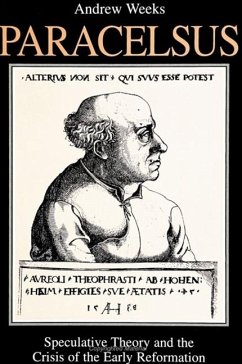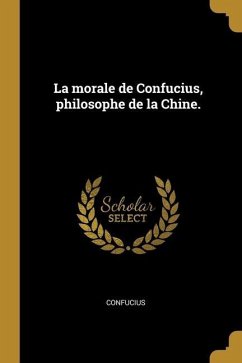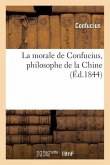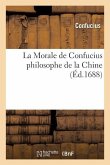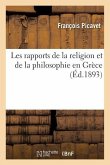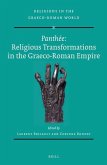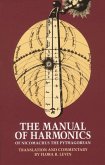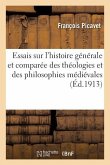Paracelsus is regarded as one of the great medical innovators of all time, as a prototype of Goethe's Faust and as a founder of German Renaissance nature philosophy. Recently, his role in the popular "radical Reformation" that coincided with but went beyond Luther's church reform has been recognized as well. A legendary wanderer and rebel, he is an author of undisputed importance, but also one clouded by puzzling ambiguities. Based on a close examination and revised dating of Paracelsus's writings, this book rejects certain myths concerning the author's scientific orientation and experience of nature. The genesis of his thought is traced to his responses to sectarian conflicts of the early Reformation. One can characterize Paracelsus's project as that of a radical theorist who transgressed the boundaries of disciplines and seized upon the irreducible particularities of his phenomena - the transmuted disease or the unrecognized female pathology - to challenge the established order and ideology.
Bitte wählen Sie Ihr Anliegen aus.
Rechnungen
Retourenschein anfordern
Bestellstatus
Storno

